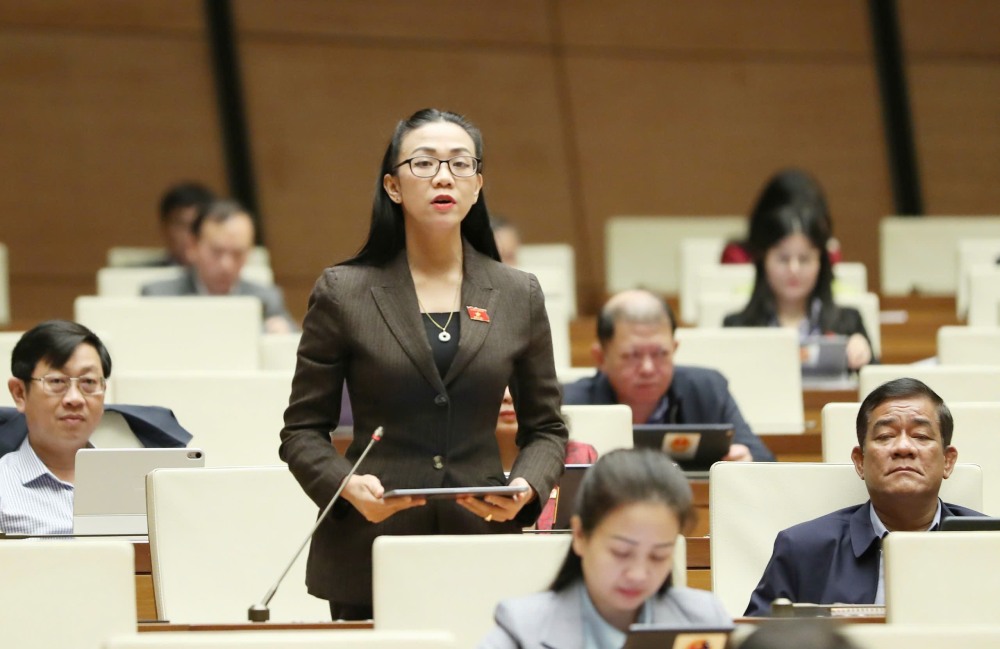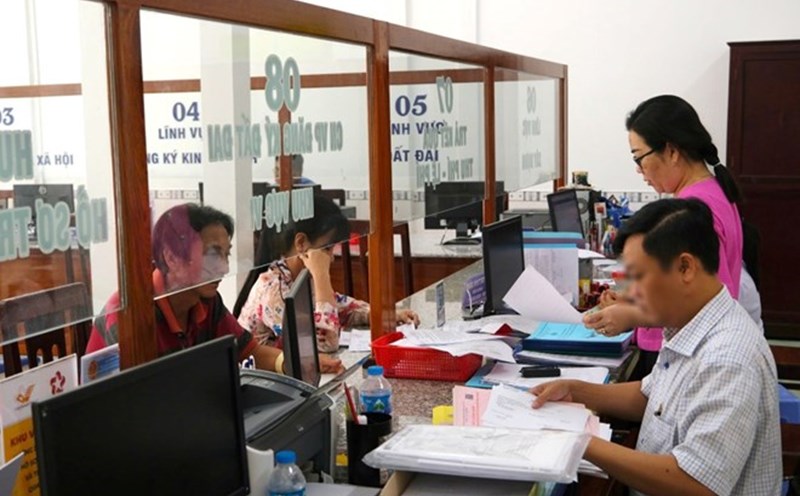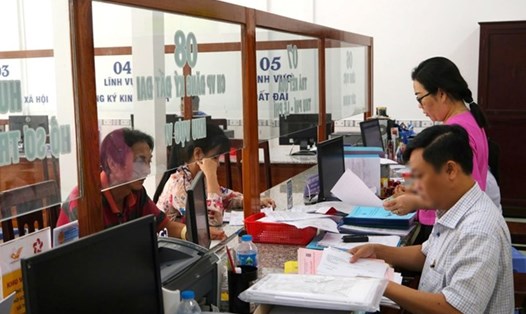On the afternoon of November 7, discussing the draft Law on State Secrets Protection (amended), delegate Nguyen Phuong Thuy (Hanoi Delegation) said that there is a number that no statistical agency can accurately determine, which is the total number of documents and papers that are currently "secretly sealed".
Because this number is too large and dispersed, many documents are "c business" beyond the necessary level, causing damage to public administration.
The delegate said that there are 3 main reasons. One is that legal regulations are still broad and unclear. Accordingly, Article 7 of the draft Law stipulates that the scope of State secrets is a limitation of important, unpublished information, if disclosed, it can harm national and ethnic interests.
This is a criterion that is true in principle, but because there are no qualitative instructions, no specific criteria, many agencies choose the option of closing for sure.
The second reason is the lack of sanctions to handle abuse. The current law does not stipulate legal consequences for acts of intentionally sealing confidentiality in violation of regulations, or using "secret" to conceal information, avoiding explanation.
Third is due to legal gaps in internal circulation documents. This makes civil servants afraid to provide information, not dare to put data on digital platforms, not dare to apply AI in document analysis, and fear of information leakage.
From there, the delegate said that the scope of State secrets should be specified. Review the secret list strictly, only in cases of real necessity, with clear criteria, avoid speculation, avoid widespread "secretization".

Commenting on the draft law, delegate Trinh Thi Tu Anh (Lam Dong delegation) said that the scope of State secrets is built very comprehensively, covering 13 areas from politics, defense, security, economy to science and technology and health.
However, Article 7 lists a wide scope, which can lead to abuse of "secret" sealing. Therefore, the delegate suggested adding an orientation principle right in the introduction or in a new clause.
For example, Clause 14 "The scope of State secrets must be regularly reviewed and adjusted in the direction of minimizing to facilitate information disclosure and digital transformation activities".
According to the delegate, this principle will create a legal basis for agencies to proactively and seriously decentralize the disclusion of old or no longer harmful information, promoting transparency.











